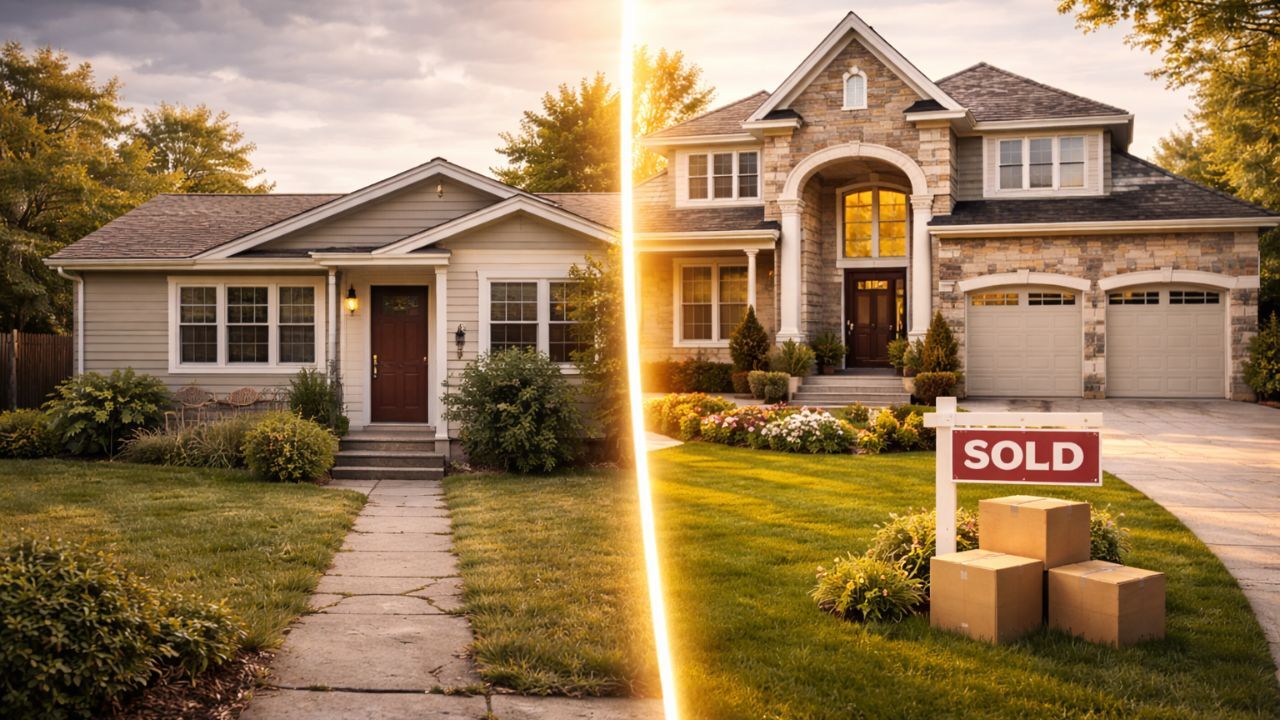 Homeownership does not begin with a signed contract or a set of keys. It begins quietly; through the financial habits you build long before buying a home feels real. Many consumers assume the homebuying process starts when they are ready to shop, but everyday choices made months or years earlier often determine what options are available later.
Homeownership does not begin with a signed contract or a set of keys. It begins quietly; through the financial habits you build long before buying a home feels real. Many consumers assume the homebuying process starts when they are ready to shop, but everyday choices made months or years earlier often determine what options are available later.
Consistency Builds a Strong Foundation
Paying bills on time and keeping spending patterns predictable demonstrates financial responsibility. These habits create stability, which plays a major role in preparing for homeownership. Consistence shows that you can manage obligations over time, not just during short periods. Even when income fluctuates, maintaining reliable payment behavior helps establish trust in your financial profile.
Savings Create Breathing Room
Savings are not just about future plans. They provide flexibility and peace of mind in the present. Having reserves allows you to handle unexpected expenses without relying on credit or disrupting other financial goals. This flexibility becomes especially important when preparing for a home purchase, where confidence often comes from knowing you can manage the unexpected.
Awareness Prevents Unnecessary Stress
Knowing what is on your credit report and understanding your overall financial picture removes uncertainty. Awareness allows you to make informed choices rather than reacting to surprises later. Regularly reviewing your finances helps you identify patterns, adjust habits, and stay aligned with long-term goals instead of guessing where you stand.
Small Adjustments Lead to Meaningful Progress
You do not need perfection to move forward. Small changes, when applied consistently, can have a significant impact over time. Paying down balances, avoiding unnecessary new obligations, and planning spending intentionally all contribute to steady improvement. Progress builds momentum, and momentum builds options.
Habits Shape Opportunities
The home you buy tomorrow is influenced by the habits you practice today. Financial preparation is not about restriction. It is about alignment. When daily choices support long-term goals, the path to homeownership becomes clearer, more confident, and far less stressful.
 Mortgages are often discussed in numbers and paperwork, but rarely in emotions. Yet emotions play a significant role in the experience. Understanding that emotional component can help buyers feel more grounded and confident.
Mortgages are often discussed in numbers and paperwork, but rarely in emotions. Yet emotions play a significant role in the experience. Understanding that emotional component can help buyers feel more grounded and confident.